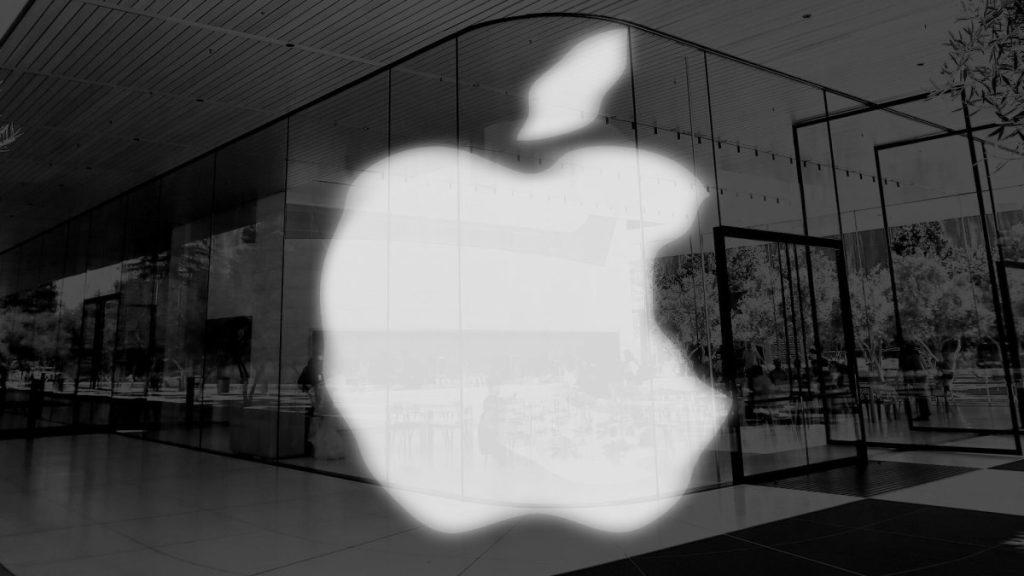DOJ Sues Apple Over Alleged Monopolistic Practices and Misuse of Privacy and Security Justifications
The U.S. Department of Justice (DOJ) has filed a lawsuit against Apple, accusing the tech giant of engaging in monopolistic practices and manipulating its privacy and security policies to benefit the company financially. The complaint alleges that Apple uses privacy and security as an “elastic shield” to justify its anticompetitive conduct and protect its monopoly.
“Apple deploys privacy and security justifications as an elastic shield that can stretch or contract to serve Apple’s financial and business interests,” it says.
The DOJ argues that Apple spends billions on marketing and branding to promote the self-serving premise that only Apple can safeguard consumers’ privacy and security interests. However, the complaint highlights several instances where Apple appears to bend privacy to degrade customer experience.
Restricted App Distribution and Alternative App Stores
The DOJ points out that Apple does not allow the creation and usage of alternative app stores, despite allowing governments and enterprise customers to install secure app stores. The complaint also notes that developers cannot currently offer a separate app store for children. While some changes have been made partially due to the EU’s Digital Markets Act (DMA), the DOJ argues that Apple allows users to easily sideload apps on the Mac and developers can distribute apps with fewer restrictions on the platform.
Limitations on Messaging and Data Sharing
The complaint accuses Apple of restricting third-party apps from receiving carrier-based messages (SMS) by marking SMS as “private” in its API documentation. While users can text anyone by typing their number in the “to:” field of Apple’s Messages app, this is not possible with other messaging apps. The DOJ also argues that Apple makes iPhones less secure by not implementing encryption protection when iPhone users send messages to Android users.
Furthermore, the lawsuit accuses Apple of using vast amounts of personal and sensitive data to distribute apps on its own App Store and utilizing user data for advertising. The DOJ points out that Apple has entered into deals with Google to make the latter’s service the default search engine for Safari, despite knowing that there are better privacy-focused alternatives available.
Pretextual Privacy and Security Practices
The DOJ argues that users have to share information with Apple to use a digital wallet rather than just sharing those details with a bank or a medical provider. Essentially, the complaint alleges that Apple’s privacy and security practices are pretextual in nature and that the company chooses “alternative courses” to protect its monopoly.
The lawsuit filed by the U.S. Department of Justice against Apple raises serious concerns about the company’s alleged misuse of privacy and security justifications to maintain its monopolistic practices. As the case progresses, it will be crucial to examine the evidence and determine whether Apple’s actions have indeed stifled competition and degraded customer experience in the name of privacy and security.

3 Comments
DOJ, meet irony. Isn’t it amusing when the pot calls the kettle black
Oh, the DOJ’s throwing shade at Apple now? How surprising.
Well, isn’t that the pot calling the kettle black, DOJ? Talk about hidden agendas!